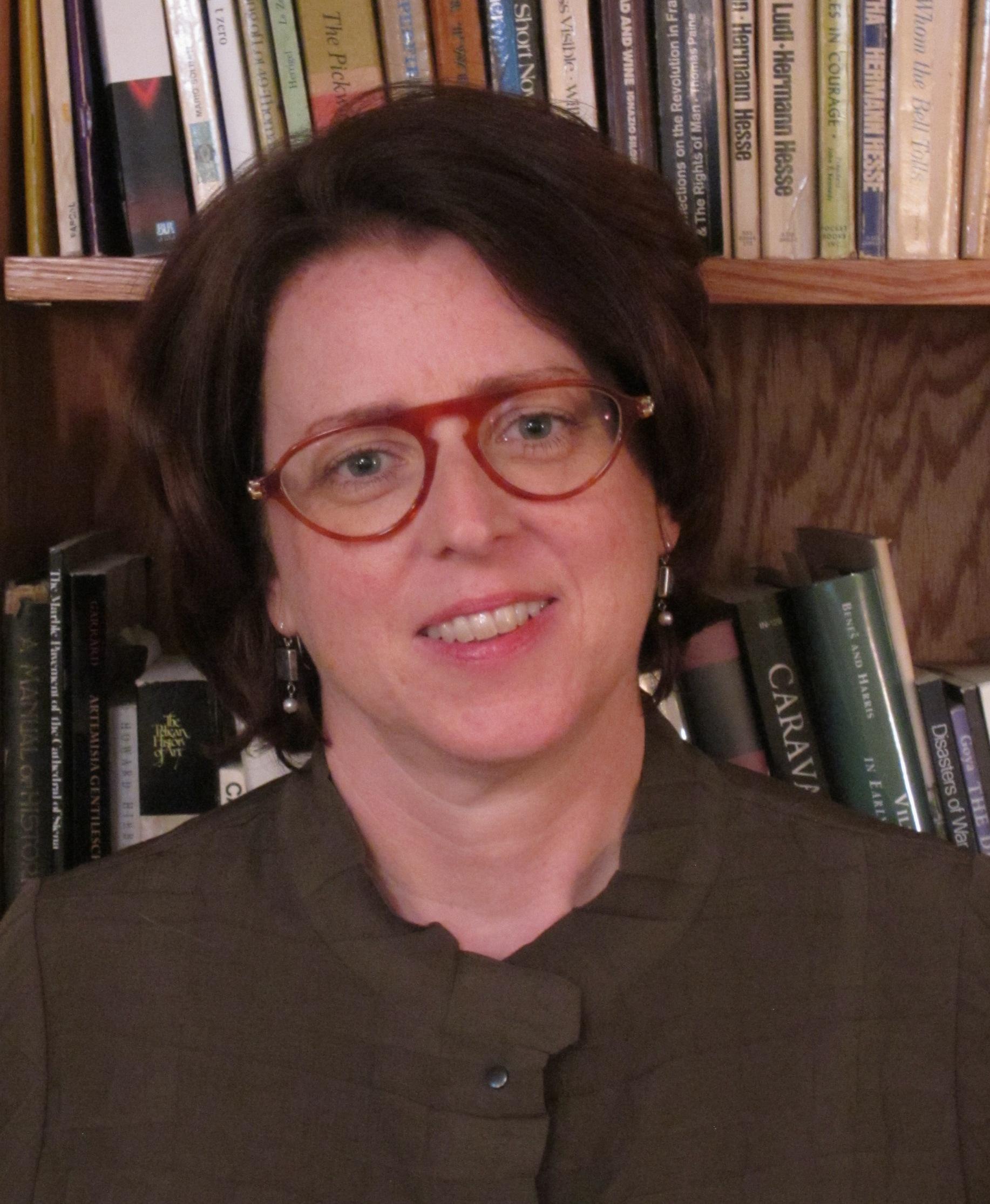Italian Studies at Brown teaches language and literature to its students. Rather than merely confirming a fixed canon or predetermined field of study, however, the department guides student research toward problems that are cross-disciplinary in both content and method. To investigate these problems, we can draw at Brown on traditional alliances with Anthropology, Art History, Classics, Comparative Literature, History, Musicology, and Philosophy, but we also join forces with disciplines such as History of Science, Film Studies, Cultural Studies, and Gender Studies. Since the mid-1990s our department has been at the forefront of experimentation in the Digital Humanities.
Our object of study, that "geographical expression" that was and is Italia, has long been central to that "greater" Mediterranean that Fernand Braudel conceived as stretching from Cathay to the Americas; it has also been a conduit in time, funneling antique cultures to the nation states of Early Modern Europe. In its own history Italy has been the stage for moments of cultural achievement that have been both widely extolled and vehemently decried. Italy's middle ages gave us Giotto and Boccaccio, but also perfected the instruments of economic rationalization and global capitalism; Paolo Toscanelli's mathematics and Guarino Veronese's translation of Strabo helped pave the way for Columbus and the conquest of the New World; Renaissance popes employed Raphael and Michelangelo to update the lustre of ancient Rome, but also set loose the Inquisition and established the Index of Forbidden books. In the 19th century, Italy became one of the great laboratories of social experiment, from modern nationalism to mass emigration; during the twentieth century, through film, futurism, and fascism, Italy led the way in making the radical turn to technology that characterizes our own age, exercising a true cultural hegemony in style, fashion and design. In the 21st century Italy is once again playing an important role in the creation of Europe as a cultural and economic unit, even as its political system seems to be perennially in crisis and Italy's national identity is itself transformed by the parallel processes of immigration and globalization. We take understanding these phenomena in their fully described and often problematic historical, material, and social contexts as the proper challenge to our scholarly and intellectual ambitions.

Stewart-Steinberg, SuzanneChair of Italian Studies

Abbona-Sneider, CristinaAssociate Teaching Professor of Italian Studies

Castiglione, CarolineProfessor of Italian Studies

De Angelis, DeddaSenior Lecturer Emerita in Italian Studies

Kertzer, David IProfessor Emeritus of Italian Studies

Martinez, Ronald LProfessor of Italian Studies

Neumann, DietrichProfessor of Italian Studies

Oldcorn, Anthony JProfessor Emeritus of Italian Studies

Riva, MassimoProfessor of Italian Studies

Stewart-Steinberg, SuzanneProfessor of Comparative Literature and Italian Studies